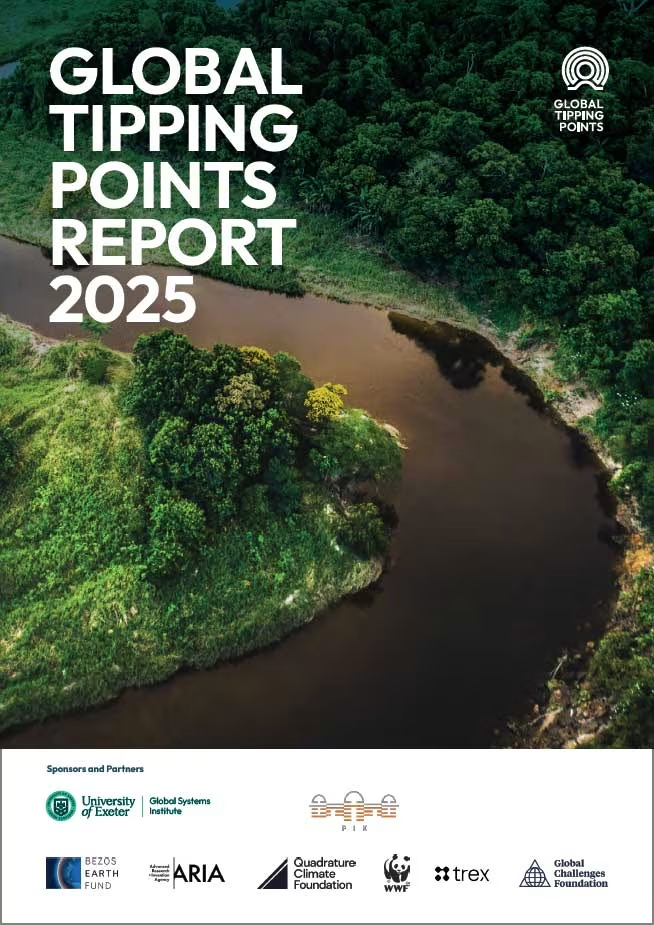The State of Climate Action 2023 provides the world’s most comprehensive roadmap of how to close the gap in climate action across sectors to limit global warming to 1.5°C. It finds that recent progress toward 1.5°C-aligned targets isn’t happening at the pace and scale necessary and highlights where action must urgently accelerate this decade to reduce greenhouse gas emissions, scale up carbon removal and increase climate finance.
Published ahead of the final phase of the Global Stocktake, the State of Climate Action 2023 offers a roadmap that the world can follow to avoid increasingly dangerous and irreversible climate impacts, while minimizing harms to biodiversity and food security. It translates the Paris Agreement’s 1.5°C temperature limit into 2030 and 2050 targets across sectors that account for roughly 85% of global GHG emissions — power, buildings, industry, transport, forests and land, food and agriculture — as well as those focused on the scale-up of technological carbon removal and climate finance. The report then assesses collective global progress and highlights where action must urgently accelerate this decade to limit warming to 1.5°C.
The State of Climate Action 2023 finds that global efforts to limit warming to 1.5°C are failing across the board, with recent progress made on every indicator — except electric passenger car sales — lagging significantly behind the pace and scale that is necessary to address the climate crisis.
Key findings
- Boost solar and wind power: Increase their annual growth rate from 14% to 24% to meet 2030 targets.
- Accelerate coal phaseout: Retire 240 coal plants yearly, seven times faster than current rates, to end coal reliance by 2030.
- Expand rapid transit: Build public transit systems six times faster, equal to tripling NYC’s network annually this decade.
- Curb deforestation: Reduce deforestation rates, currently at 15 soccer fields per minute, fourfold by 2030.
- Adopt sustainable diets: Cut red meat consumption in high-consuming regions to two servings per week, eight times faster, while maintaining or improving nutrition in low-income areas.






